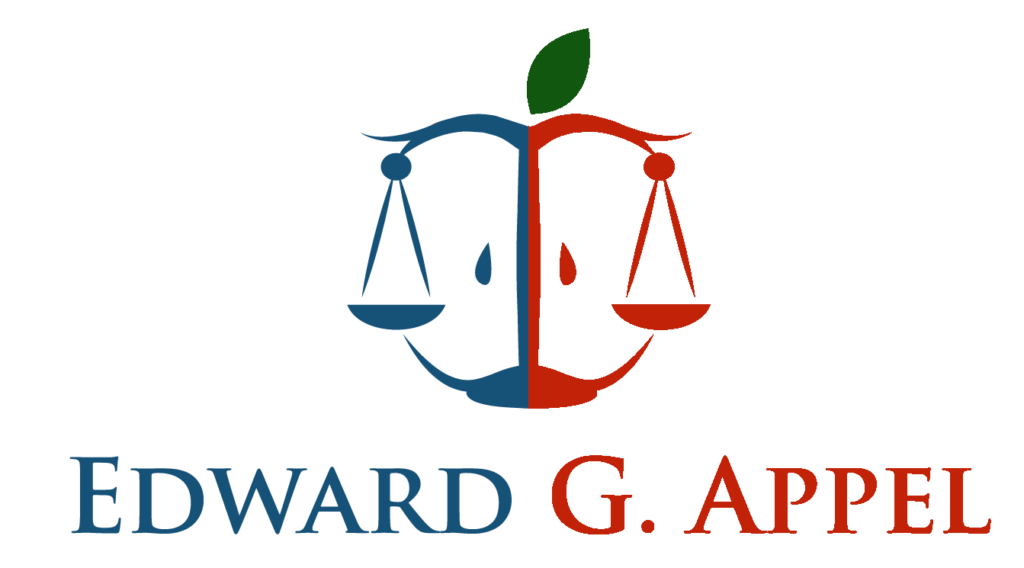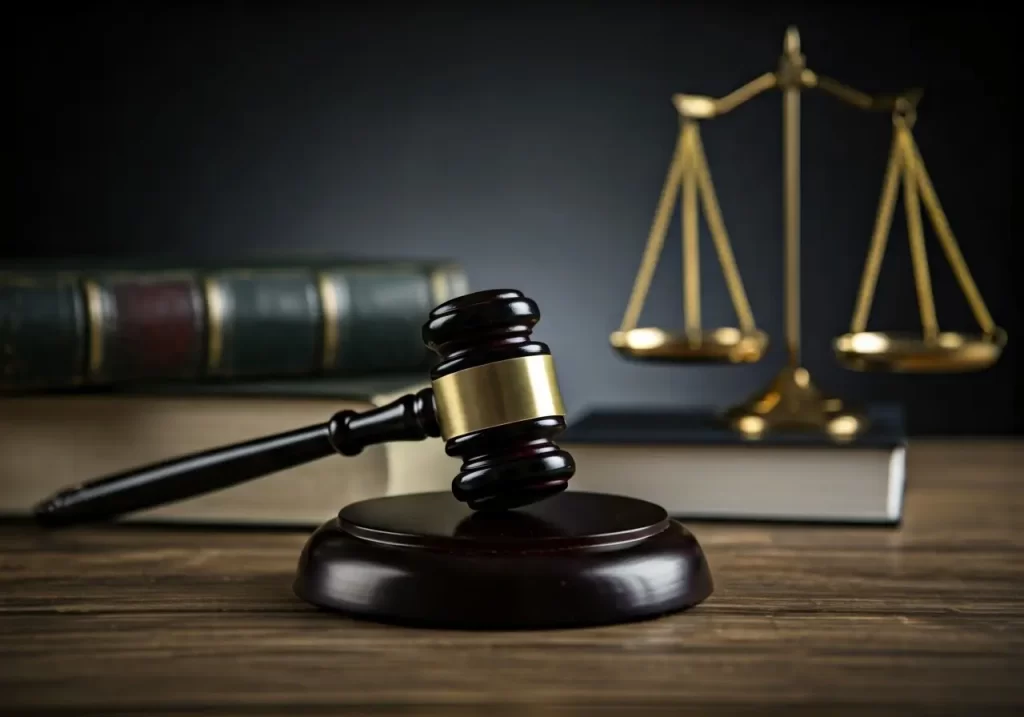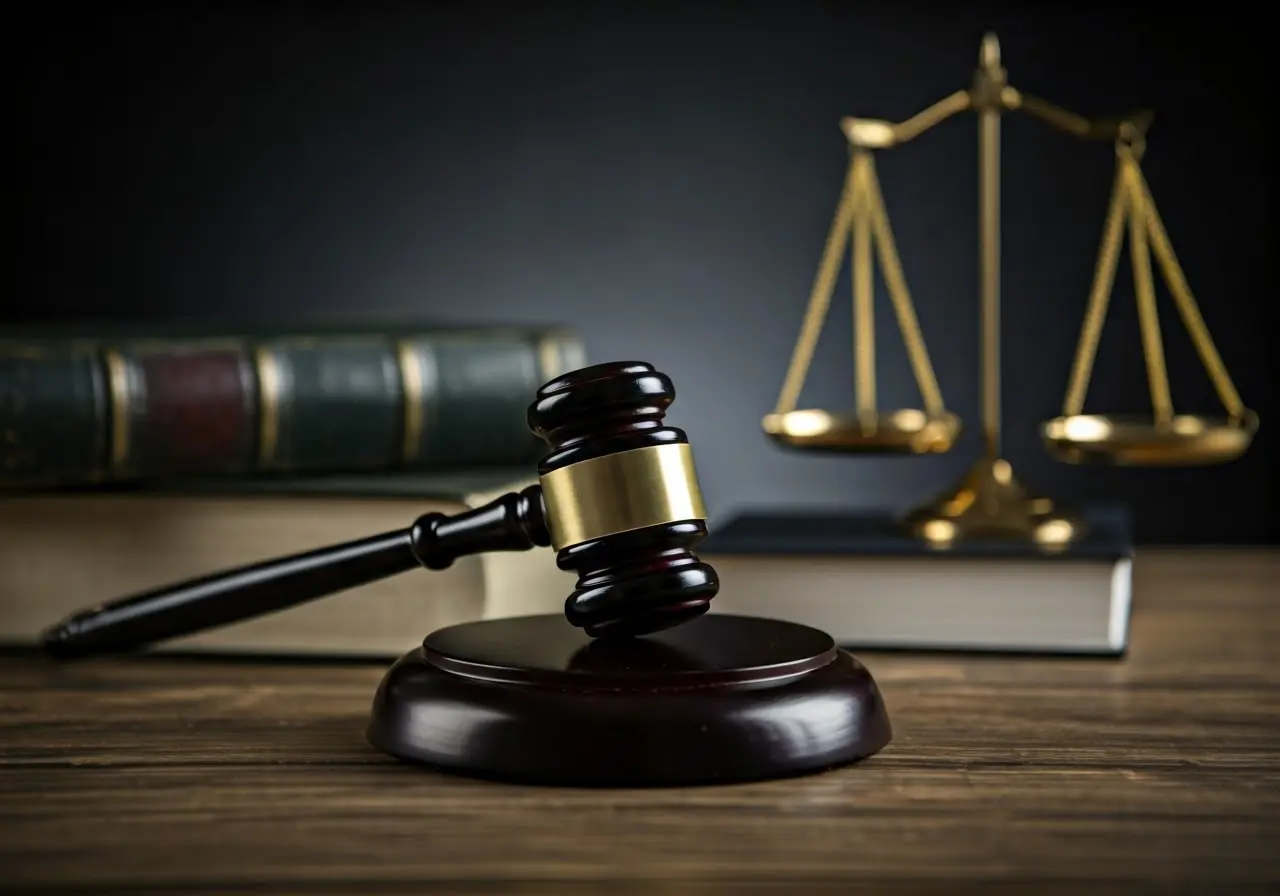Facing a DUI charge in New Jersey can be overwhelming. Fortunately, experienced DUI attorneys use tried-and-true strategies to ensure their clients’ rights are protected. In this blog, we’ll explore some of the key strategies a skilled DUI attorney in NJ might employ to help their clients navigate the legal system effectively.
1. Thoroughly Reviewing the Arrest Details
A crucial step in the defense strategy employed by a DUI attorney is the meticulous examination of the details surrounding a client’s arrest. This process involves scrutinizing police reports, examining body cam footage, and reviewing witness statements to ensure that every aspect of the arrest was conducted according to legal standards. An attorney looks for any procedural missteps, such as lack of probable cause or failure to read the client their rights, which could potentially invalidate aspects of the police’s case. Discovering such discrepancies can be pivotal in suppressing evidence or even having the charge dismissed.
Furthermore, understanding the specifics of the arrest scenario can reveal if there were any violations of constitutional rights. For example, if an arrest occurred due to racial profiling or without warrants where necessary, such evidence might be inadmissible. An experienced DUI attorney in NJ will use understanding of state-specific laws to ensure their client receives a fair trial. This attention to detail ensures no stone is left unturned, providing a solid foundation on which to build the client’s defense.
2. Challenging Field Sobriety Test Results
Field sobriety tests (FSTs), such as the horizontal gaze nystagmus, walk-and-turn, and the one-leg stand, are often utilized by law enforcement to assess potential impairment. However, these tests can be subjective and influenced by numerous factors including the individual’s physical condition, the testing environment, and the officer’s interpretation. A skilled DUI attorney knows how to challenge the reliability of these tests by demonstrating how nerves, fatigue, or medical conditions could have affected performance, rather than intoxication.
Attorneys might also highlight the conditions under which the test was administered, including uneven surfaces or poor lighting, which could unfairly skew results. By presenting this information, lawyers argue for the exclusion of FST results in their client’s case. Introducing doubt about the accuracy of these tests can be a powerful tool in undermining the prosecution’s evidence and strengthening the defendant’s position.
3. Questioning Breathalyzer Accuracy
Breathalyzer devices are a common tool used to measure blood alcohol concentration (BAC). However, for the results to be admissible, the device must be properly maintained and calibrated regularly, as any deviation can render the results unreliable. An experienced attorney will delve into maintenance logs, calibration records, and the credentials of the administering officer to uncover any potential discrepancies. If any issues are found, the attorney can contest the validity of the breathalyzer results, which are often a cornerstone of the prosecution’s evidence.
Additionally, numerous external factors such as medical conditions, dietary habits, or even the consumption of certain products can influence BAC readings. By presenting expert testimony or scientific explanations, attornies can argue that breathalyzer results may not accurately reflect the client’s level of impairment at the time of arrest. This can be especially important in cases where the BAC reading was only marginally above the legal limit, making the device’s accuracy an essential point of contention.
4. Investigating the Legality of the Traffic Stop
The legality of a traffic stop significantly impacts the subsequent legal process. For a stop to be deemed lawful, the officer must have reasonable suspicion of a violation or criminal activity. A DUI attorney will investigate the precise circumstances that led to the stop, questioning whether the officer’s behavior adhered to legal standards. Any lapses in procedure, such as stopping a client without a valid reason, can lead to the exclusion of any discovered evidence thereafter.
By evaluating dashcam footage, reviewing officer reports, and interviewing witnesses, attorneys gather a comprehensive picture of the stop. If it’s found that the stop was indeed unlawful, an attorney can file a motion to suppress all evidence obtained as a result, which can significantly undermine the prosecution’s case and may even result in a complete dismissal of charges.
5. Negotiating Plea Bargains When Appropriate
When a trial may carry high risks, or the evidence against a client seems strong, a strategic plea bargain can be the right path. A DUI attorney carefully evaluates the case, assessing the potential outcomes of a trial versus the benefits of a plea deal. The art of negotiation is critical here; an attorney works to secure the best possible terms, such as reduced charges or minimized penalties, that allow the client to maintain their quality of life.
Moreover, attorneys balance the benefits of accepting a plea bargain with the long-term implications on the client’s record and personal circumstances. Effective plea negotiations require a deep understanding of the law, the evidence, and the prosecuting attorney’s tendencies. Whether to negotiate a plea is never a decision taken lightly but relies on experience and the client’s best interests.
6. Leveraging Expert Witness Testimony
In cases where complex scientific data or technical analyses are involved, expert witnesses can provide valuable insights. A DUI attorney may introduce testimony from toxicologists, accident reconstruction specialists, or medical professionals who can offer alternative explanations for the evidence. These experts help clarify factors that might impair BAC readings or explain the client’s behavior on the night of the arrest beyond alcohol influence.
Calling upon such experts can shift the narrative of a case, casting doubt on prosecution evidence and presenting a coherent defense based on scientific foundations. While expert witnesses do not decide a case, their objective viewpoints can significantly bolster the defense’s arguments and contribute to a more nuanced portrayal of the circumstances surrounding the DUI charge.
7. Preparing a Robust Legal Defense
Building a robust defense involves a comprehensive approach where attorneys compile evidence, interview witnesses, and construct a persuasive narrative that challenges the prosecution’s assertions. The strategy must be adaptable, relying on both factual discrepancies and legal precedents to protect the client’s interests. Experienced attorneys shape their approach to the case’s specifics, ensuring that each argument made in court is pertinent and compelling.
By anticipating the prosecution’s strategies, attorneys prepare counterarguments, often reinforcing their case through direct and cross-examinations. Such meticulous preparation, combined with a clear understanding of judicial procedures, enhances the likelihood of attaining a favorable outcome, whether it be reduced penalties, dismissed charges, or acquittal.
8. Keeping Clients Informed Throughout the Process
For an individual facing DUI charges, the legal process can be daunting. Attorneys ensure continuous communication, articulating the steps involved in the case and updating clients on developments. This transparency fosters trust and reduces anxiety, enabling clients to make informed decisions throughout the proceedings.
Clear and ongoing interaction is not merely about legal updates; it involves explaining legal jargon, deadlines, and potential outcomes in easy-to-understand language. This client-centered approach ensures that individuals feel supported, respected, and confident in their legal representation, reflecting the commitment of a DUI attorney to protect their rights and interests at every stage of the judicial process.


